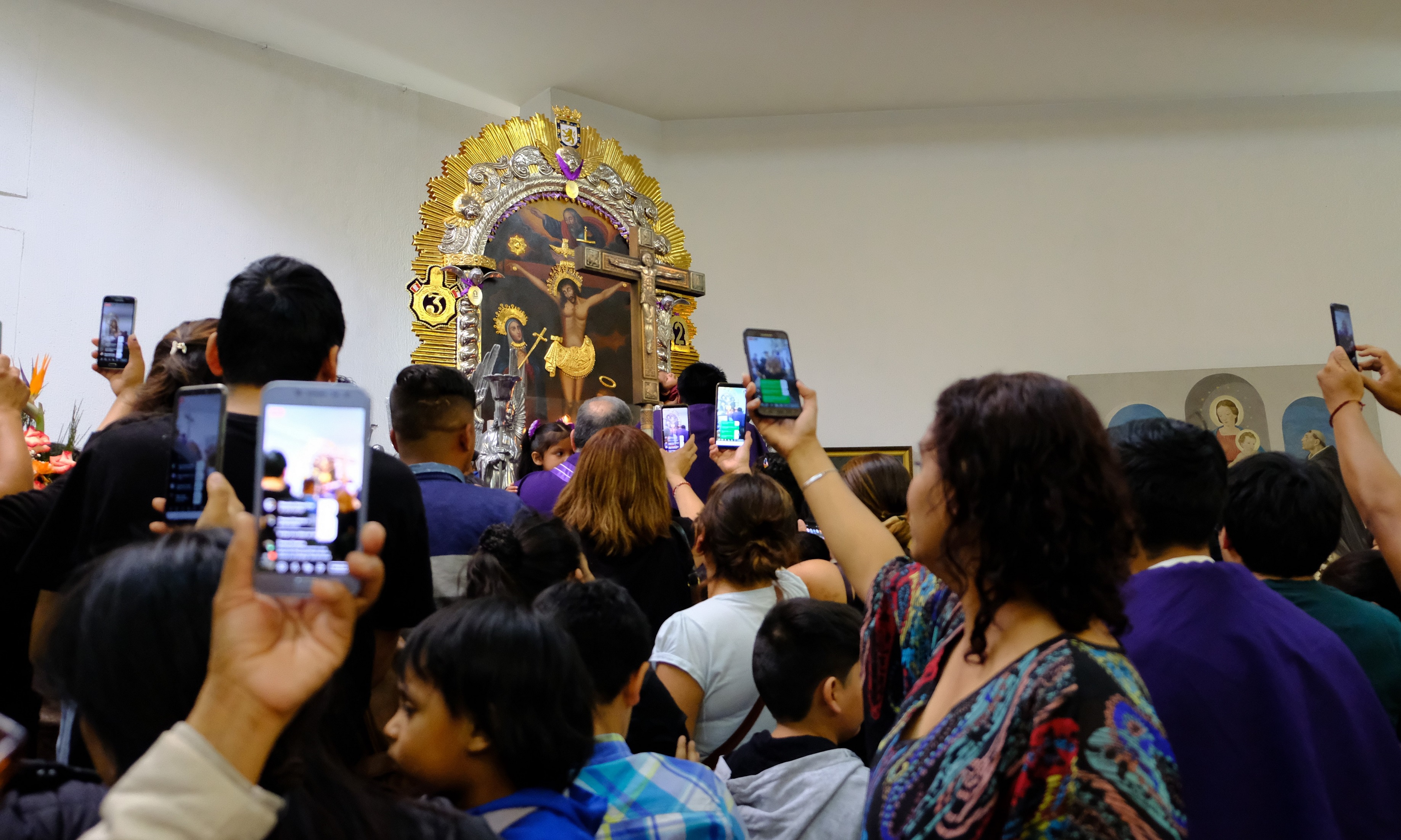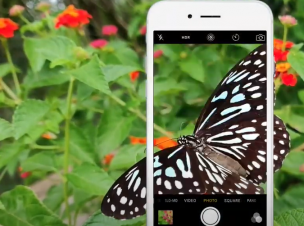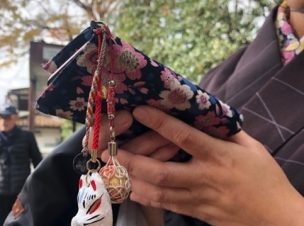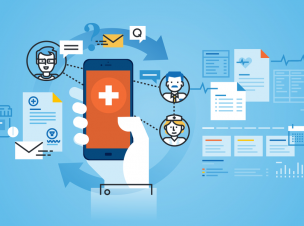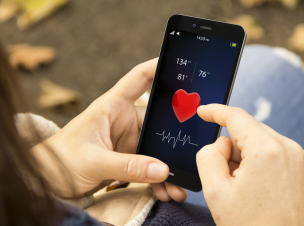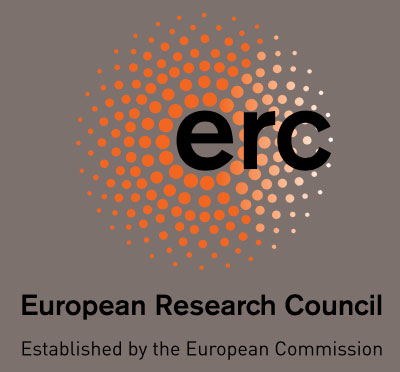Phones should be viewed more as a place within which we now live, rather than just a device we use.
Perpetual Opportunism
Smartphones facilitate a profound reorientation to the world around us and ensure that there is never a time to be merely bored.
Beyond Anthropomorphism
Smartphones are not anthropomorphic: they don’t look like us, but their relationship with us is far more intimate than that.
Care and surveillance
Prior to Covid-19, the team had observed that the smartphone simultaneously facilitates our capacity for extending both care, but also surveillance.
Smart-from-below
‘Smart’ devices can learn from their user’s behaviour, but far more important is the way in which people creatively transform their smartphones.
Intergenerational relations
The smartphone takes its place within a much wider shift within intergenerational relations.
Return of the extended family
One of the most consistent changes in family relations across much of the world has been the rise of the nuclear family. The smartphone reverses this.
Neither elderly nor young
Our project was intended to focus on ageing, but not people defined by age.
Social and screen ecology
The smartphone is encountered alongside a wider ecology of screens such as tablets, laptops, and smart TVs. Both phones and apps may be shared among people.
The rise of the visual conversation
Previously people have mainly conversed either directly using their voice, or indirectly through writing, but now, images can be conversational.
Tasks, not apps
People are not orientated simply by apps, but rather, combine different functions in order to accomplish tasks.
Applying our findings for health
Using ethnography to develop projects that can more directly support health and wellbeing.

